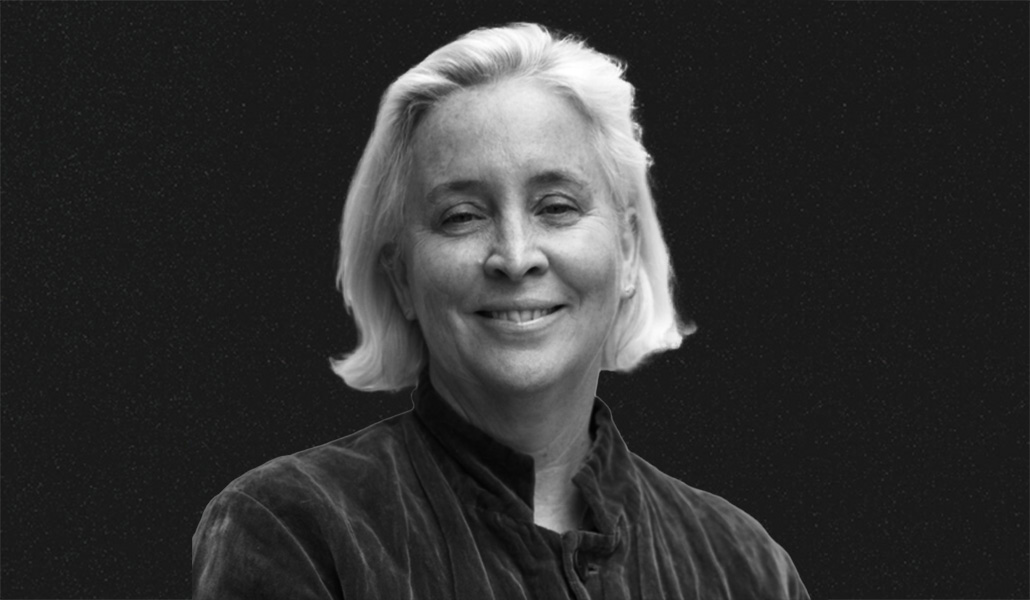What talent booker Joanna Jordan can teach people managers about leading in chaos

When Joanna Jordan started Central Talent Booking two decades ago, the entertainment industry needed talent bookers who could work across multiple shows rather than just one.
So, building off a single client — David Letterman — she created the industry’s largest independent talent booking operation, handling 200 monthly bookings across programs ranging from “Jimmy Kimmel Live” to top podcasts.
The story of Jordan’s career is like a masterclass in anticipating disruption. She entered podcasting in 2014 when Marc Maron asked her to book “WTF with Marc Maron.” Her initial response: “What the fuck is a podcast?” Now she predicts the term will eventually disappear altogether as shows migrate to video and living room screens. “Through 30 years of working in media, you see when things start to shift,” Jordan explains. Whether it was Netflix transforming from tech company to content powerhouse or a Hollywood labor disputes fueling the creator economy, Jordan has consistently found herself ahead of the curve.
That strategic foresight isn’t just about being smart—it’s about survival. When the entertainment business faced dual picket lines in 2023, Jordan doubled down on podcasts and creators. When the pandemic hit, her team seamlessly pivoted to remote work. When the L.A. fires forced mass cancellations from talk show guests, the shows got rescheduled without her and her team missing a beat.
The lesson for leaders in any industry: disruption isn’t the exception—it’s the baseline.
During the pandemic, many companies shuttered their physical offices for good, and Jordan followed suit this past December. Her team now works virtually, dispersed across time zones from London to L.A. It’s not about cost-cutting as much as it’s about customer service and results, Jordan says, noting that the remote team operates essentially 24/7, with someone always available to handle client needs.
Her business’s structure — five teams of three to four each, plus specialists embedded with clients — prioritizes outcome over activity, she says. Team members use AI-powered notes for every Zoom call, conduct regular team syncs, and maintain what Jordan calls “therapy group” in-person gatherings for connection. “I don’t like to be so absorbed by the process that you get less results,” as Jordan puts it. “We’re result-driven, not process-driven. We hustle.”
Of her top bookers, Jordan remarks that even if they were based in the Sahara, she’d still employ them. The insight: in a service business, your talent can be anywhere — if you structure the business for success.
Jordan’s agency operates like a newsroom — or maybe a firehouse: high-stakes, constantly pivoting, where a guest getting Covid can upend entire talk show schedules in a flash. And yet she’s weaved empathy into an inherently aggressive business model. “I hope that my team are all good human beings as well as good bookers,” she says. “We try to handle every situation with grace and with kindness.” When the L.A. fires happened, for example, cancellations poured in, but the response was always understanding rather than frustration.
That balance between urgency and humanity might be the most critical skill for modern leaders to learn. Jordan saw the light watching Letterman navigate sundry crises. “Dave is very smart, and I learned a lot from his moments of empathy,” she says.
As a single mother running a business, Jordan admits she’s pushed herself to dangerous extremes at times. “I needed to succeed — for my clients, for my children, for my employees.” But she’s learned that running a business — and a life — requires making intentional choices about what matters most. Jordan credits Oprah Winfrey, whose magazine her company booked for a decade, with teaching her that fundamental truth. “Do I balance my life? I do. Some months are better than others,” Jordan shrugs. The key insight isn’t about achieving perfect balance — it’s about making conscious decisions about priorities and building work teams that are resilient enough to handle whatever comes next.
Jordan is a textbook case of successful leadership in an economy defined by nonstop change. Her journey also suggests that thriving in chaos requires, above all else, strategic thinking and emotional intelligence. Business leaders poised for success won’t just spot the next disruption, as she sees it — they’ll build teams resilient enough to handle whatever’s next.
“Whether you’re Oprah Winfrey, Jimmy Kimmel or little me, we’re all just trying to balance—balance success, balance being a good employer, balance being a good human being,” Jordan says. “That’s life — that’s a good life.”
And in a world where the rules keep changing, that might be the most important lesson of all.

